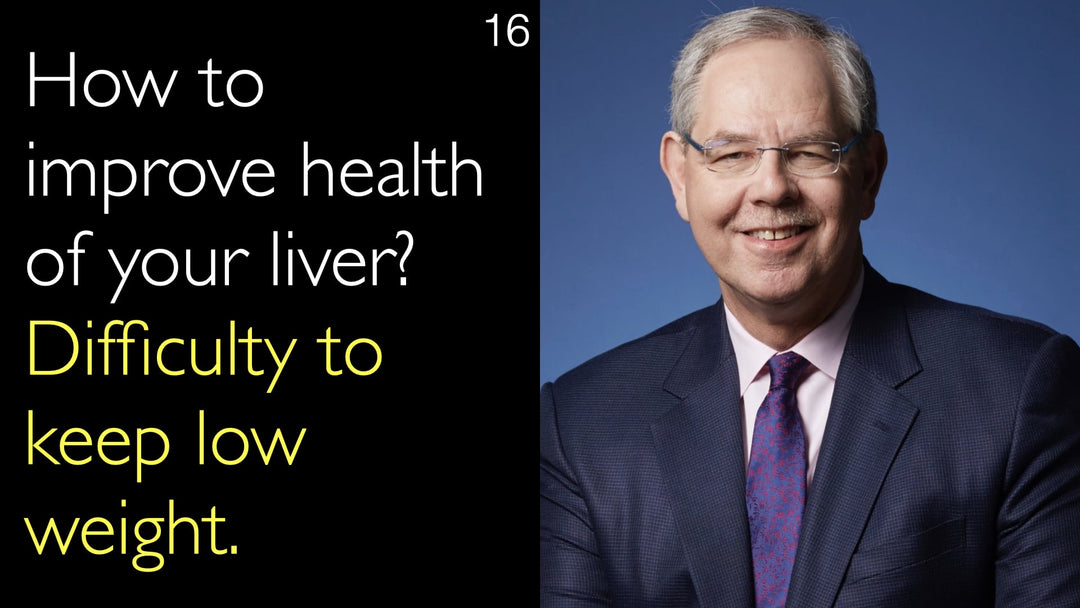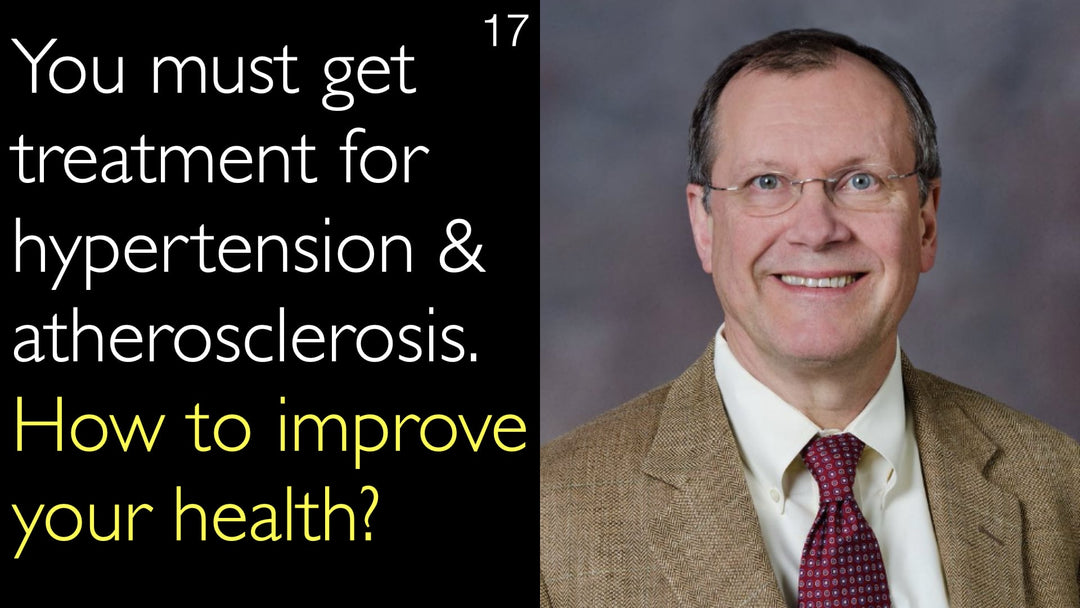Leading expert in Emergency Medicine, Dr. Sam Shen, MD, explains the critical steps of an emergency department visit. He details the triage process that quickly assesses patient acuity. Dr. Shen describes the goal of a rapid "door to doctor" time. Diagnostic tests help emergency physicians determine if a patient needs hospital admission. Dr. Sam Shen, MD, outlines how emergency medicine coordinates with hospital specialists for complex care.
Emergency Department Visit Process: Triage, Diagnosis, and Treatment Decisions
Jump To Section
- Triage Process
- Door to Doctor Time
- Diagnostic Testing
- Admission Decision
- Specialist Consultation
- Full Transcript
Triage Process
Emergency department visits begin with a rapid initial assessment called triage. A licensed registered nurse performs this critical first evaluation. The triage process determines if a patient is acutely sick or stable. This segregation mobilizes the proper medical resources for the right patients. Dr. Sam Shen, MD, emphasizes that triage helps prioritize care for the most critical cases.
Door to Doctor Time
A key quality metric in emergency medicine is the "door to doctor" time. This measures the period from patient arrival to physician evaluation. The goal for many hospitals is 15 minutes or less. Dr. Sam Shen, MD, confirms this rapid assessment is a standard practice. This timely evaluation is crucial for initiating life-saving treatments quickly.
Diagnostic Testing
Emergency physicians order necessary tests after the initial evaluation. This includes laboratory studies, x-rays, and advanced medical imaging. Medications may be administered to stabilize the patient's condition. Dr. Anton Titov, MD, discusses how these diagnostics help rule out serious diseases. Test results guide critical treatment decisions in the emergency setting.
Admission Decision
The emergency physician makes a crucial determination about patient disposition. This decision point occurs after completing the diagnostic evaluation. Patients may require hospital admission for further care. Some need observation to monitor their condition progression. Others can be safely discharged home with follow-up instructions. Dr. Sam Shen, MD, explains this is a fundamental responsibility of emergency medicine.
Specialist Consultation
Emergency physicians consult specialized services when needed. They identify conditions requiring surgical or specialized intervention. For appendicitis, they consult general surgeons. Orthopedic surgeons are called for complex fractures. Dr. Anton Titov, MD, notes how emergency medicine coordinates this multidisciplinary care. Emergency physicians perform stabilizing procedures before specialist arrival.
Stabilization Procedures
Emergency medicine physicians perform critical stabilization procedures. These include intubation to maintain airway patency. Chest tube placement addresses certain thoracic emergencies. They also handle minor procedures like laceration repairs and splinting. Dr. Sam Shen, MD, emphasizes these skills are essential for initial patient stabilization. This scope of practice ensures patients receive immediate life-saving interventions.
Full Transcript
Dr. Anton Titov, MD: What to expect during a visit to the emergency department? A leading expert in emergency medicine explains how a patient is evaluated inside the emergency department. What are the important steps to make sure each patient gets required medical care at the right time? How do emergency medicine doctors work with other hospital services to provide the best medical care?
What to expect during a visit to the emergency department: a video interview with a top expert in emergency medicine. A medical second opinion helps to make sure a preliminary diagnosis is correct. It also helps to choose the best treatment for your medical condition before it becomes an emergency. Seek a medical second opinion on your medical problem to avoid a visit to the emergency room later.
Sometimes you are in the emergency department; the first nurse or doctor does an initial assessment. This is called triage. The goal of doctors is to see patients as fast as possible. This is called door-to-doctor time. It is an important quality metric for an emergency medicine department. Diagnostic studies are done, and the emergency physician determines the need to admit a patient to the hospital for further care.
Sometimes a patient is not too sick and a serious disease is ruled out; then the patient can be sent home with follow-up with a primary care physician the next day. What happens to a patient in the emergency department of a hospital? What to expect in the emergency room?
Dr. Anton Titov, MD: I certainly experienced that as a neurosurgery resident in Boston when a person with major trauma, in my case with a neurosurgical problem, is about to arrive to the hospital. All the services are alerted beforehand, and they are essentially waiting for the patient to roll in. You have run many situations like this as an emergency department physician. What happens once the person is in the emergency department?
Dr. Sam Shen, MD: Yes, so when the patient comes to the emergency department, in the traditional models they are evaluated by a licensed registered nurse (RN). The nurse does a very quick initial assessment, and that function is called triage. Part of triage is to determine if the patient is sick or not sick. Sometimes that patient is sick; then that mobilizes a much faster response.
Sometimes the patient is deemed to be not sick or not quite as sick. That allows for the sicker patient to be cared for, and the less sick patients to be put in a different population that can still be seen in a timely fashion. But again, segregating two patient populations helps to mobilize the proper resources for the right patients.
Once the patient is appropriately triaged to the area that meets the acuity of the patient, there is a goal to try to see that patient within a very brief period of time. There are many places where the goal of door-to-doctor time—from the second they arrive to the emergency department until the patient is seen by a physician—should be about 15 minutes or less. That is a quality measure.
It is not uncommon for many hospitals to advertise that you can be seen by a physician in X period of time, and that is posted on a billboard. Once patients are seen by the physician, the next step is to determine what tests, x-rays or imaging, or medications are needed to take care of the patient's problem.
Once diagnostic studies are determined and the results come back, the emergency physician's role is to decide if that patient will be admitted to the hospital for further care. Do they need to be observed for a period of time to determine whether they are going to get more sick or less sick? Or do they need to be transferred to another hospital that may have specialized capability for that particular disease? Or can they be discharged home safely? So that is the critical decision point after evaluating a patient.
Dr. Anton Titov, MD: These are very major points that are being decided by specifically trained physicians in emergency medicine, even before other services of the hospital are involved. It is the emergency medicine physicians that call for specialized services in the hospital to be involved in a patient's evaluation and care.
Dr. Sam Shen, MD: That's correct, and that is the model of emergency medicine. When you first initially evaluate the patient, you want to formulate what you think is a diagnosis and to exclude the emergencies. Exclude the high-acuity issues that could potentially be life-threatening, and potentially to stabilize the patient.
Beyond that, if there is a very serious condition, there is a scope of practice that an emergency physician can perform to stabilize the patient, such as intubation to keep airways open, chest tubes, as well as minor procedures like laceration repairs, incision and drainage, and splinting. But there are going to be some services required that are more specialized.
At that point, the emergency physician will consult that necessary specialty to assist. Sometimes a patient has appendicitis by diagnosis; the emergency physician will consult the general surgeon to come down and evaluate the patient and likely take a patient up for an operative procedure. Similar with orthopedic surgery and all the other subspecialties.
That is a big part of emergency medicine practice. We are able to identify that this patient needs these resources. Hopefully we can correctly identify a diagnosis, so you can ask for the appropriate consult to assist in the care of that patient.
What to expect during a visit to the emergency department: a video interview with a top expert in emergency medicine. Key decision: stay at the hospital or go home?







